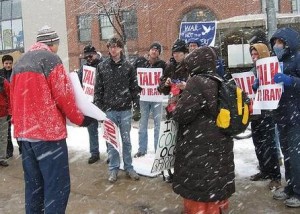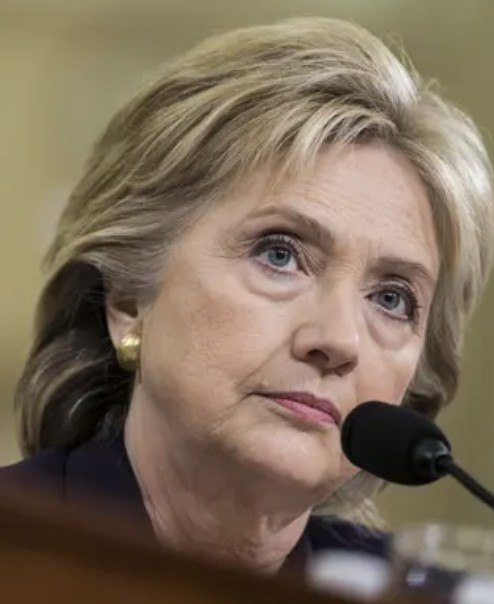
No wonder they didn’t want anyone to hear her. She just got to humiliate them by mentioning her work fighting sex trafficking on the global stage and reminded everyone of her advocacy for women and girls worldwide both when she was first lady and as Secretary of State during the first Obama administration. So apparently the Republicans decided they wanted to talk about UFOs and also Pizza-gate, a long ago made up conspiracy concocted by right-wing media.
Republicans know lies cannot stand beside truth. If given a chance, people can tell who is lying and who is telling the truth. I found her full statement on Meidas Touch Facebook page. Support media that tells the truth.
###
As Hillary Clinton heads into a closed-door deposition related to the Epstein investigation, she released a pointed opening statement, making clear she knew nothing about Epstein and slamming the Republicans for not allowing her to testify in public.
Below is her full, unedited statement:
SECRETARY CLINTON’S OPENING STATEMENT
Mr. Chairman, Ranking Member, Members of the Committee… as a former Senator, I have respect for legislative oversight and I expect its exercise, as do the American people, to be principled and fearless in pursuit of truth and accountability.
As we all know, however, too often Congressional investigations are partisan political theater, which is an abdication of duty and an insult to the American people.
The Committee justified its subpoena to me based on its assumption that I have information regarding the investigations into the criminal activities of Jeffrey Epstein and Ghislaine Maxwell. Let me be as clear as I can. I do not.
As I stated in my sworn declaration on January 13, I had no idea about their criminal activities. I do not recall ever encountering Mr. Epstein. I never flew on his plane or visited his island, homes or offices. I have nothing to add to that.
Like every decent person, I have been horrified by what we have learned about their crimes. It’s unfathomable that Mr. Epstein initially got a slap on the wrist in 2008, which allowed him to continue his predatory practices for another decade.
Mr. Chairman, your investigation is supposed to be assessing the federal government’s handling of the investigations and prosecutions of Epstein and his crimes. You subpoenaed eight law enforcement officials, all of whom ran the Department of Justice or directed the FBI when Epstein’s crimes were investigated and prosecuted. Of those eight, only one appeared before the Committee. Five of the six former attorneys general were allowed to submit brief statements stating they had no information to provide.
You have held zero public hearings, refused to allow the media to attend them, including today, despite espousing the need for transparency on dozens of occasions.
You have made little effort to call the people who show up most prominently in the Epstein files. And when you did, not a single Republican Member showed up for Les Wexner’s deposition.
This institutional failure is designed to protect one political party and one public official, rather than to seek truth and justice for the victims and survivors, as well as the public who also want to get to the bottom of this matter. My heart breaks for the survivors. And I am furious on their behalf.
I have spent my life advocating for women and girls. I have worked hard to stop the terrible abuses so many women and girls face here and around the world, including human trafficking, forced labor, and sexual slavery. For too long, these have been largely invisible crimes or not treated as crimes at all. But the survivors are real and they are entitled to better.
In Southeast Asia, I met girls as young as twelve years old who were forced into prostitution and raped repeatedly. Some were dying of AIDS. In Eastern Europe, I met mothers who told me how they lost daughters to trafficking and did not know where to turn. In settings around the world, I met survivors trying to rebuild their lives and help rescue others — with little support from people in power, who too often turned a blind eye and a cold shoulder.
If you are new to this issue, let me tell you: Jeffrey Epstein was a heinous individual, but he’s far from alone. This is not a one-off tabloid sensation or a political scandal.
It’s a global scourge with an unimaginable human toll.
My work combatting sex trafficking goes back to my days as First Lady. I worked to pass the first federal legislation against trafficking and was proud that my husband signed the Trafficking Victims Protection Act, which increased support for survivors and gave prosecutors better tools for going after traffickers.
As Secretary of State, I appointed a former federal prosecutor, Lou deBaca, to ramp up our global antitrafficking efforts. I oversaw nearly 170 anti-trafficking programs in 70 nations and directly pressed foreign leaders to crack down on trafficking networks in their countries. Every year we published a global report to shine a light on abuses.
The findings of those reports triggered sanctions on countries failing to make progress, so they became a powerful diplomatic tool to drive concrete action.
I insisted that the United States be included in the report for the first time ever in 2011. Because we must hold ourselves not just to the same standard as the rest of the world but to an even higher one. Sex trafficking and modern slavery should have no place in America. None.
Infuriatingly, the Trump Administration gutted the Trafficking in Persons Office at the State Department, cutting more than 70 percent of the career civil and foreign service experts who worked so hard to prevent trafficking crimes. The annual trafficking report, required by law, was delayed for months. The message from the Trump Administration to the American people and the world could not be clearer: combatting human trafficking is no longer an American priority under the Trump White House.
That is a tragedy. It’s a scandal. It deserves vigorous investigation and oversight.
A committee endeavoring to stop human trafficking would seek to understand what specific steps are needed to fix a system that allowed Epstein to get away with his crimes in 2008.
A committee run by elected officials with a commitment to transparency would ensure the full release of all the files.
It would ensure that the lawful redactions of those files protected the victims and survivors, not powerful men and political allies.
It would get to the bottom of reports that DOJ withheld FBI interviews in which a survivor accuses President Trump of heinous crimes.
It would subpoena anyone who asked on which night there would be the “wildest party” on Epstein’s island.
It would demand testimony from prosecutors in Florida and New York about why they gave Epstein a sweetheart deal and chose not to pursue others who may have been implicated.
It would demand that Secretary Rubio and Attorney General Bondi testify about why this administration is abandoning survivors and playing into the hands of traffickers.
It would seek out officers on the front lines of this fight and ask them what support they need.
It would put forth legislation to provide more resources and force this administration to act.
But that’s not happening.
Instead, you have compelled me to testify, fully aware that I have no knowledge that would assist your investigation, in order to distract attention from President Trump’s actions and to cover them up despite legitimate calls for answers.
If this Committee is serious about learning the truth about Epstein’s trafficking crimes, it would not rely on press gaggles to get answers from our current president on his involvement; it would ask him directly under oath about the tens of thousands of times he shows up in the Epstein files.
If the majority was serious, it would not waste time on fishing expeditions. There is too much that needs to be done.
What is being held back? Who is being protected? And why the cover-up?
My challenge to you, Mr. Chairman, Members of the Committee, is the same challenge I put to myself throughout my long service to this nation. How to be worthy of the trust the American people have given you. They expect statesmanship, not gamesmanship. Leading, not grandstanding. They expect you to use your power to get to the truth and to do more to help survivors of Epstein’s crimes as well as the millions more who are victims of sex trafficking.
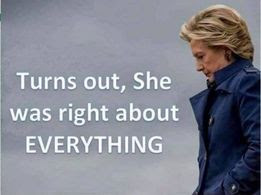



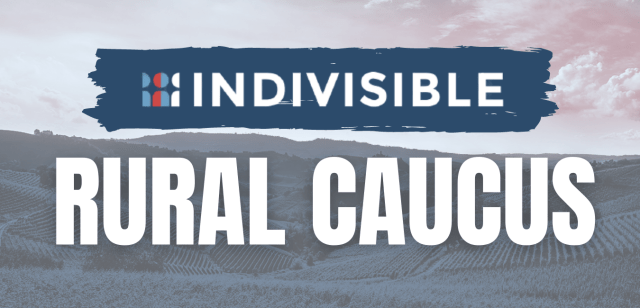


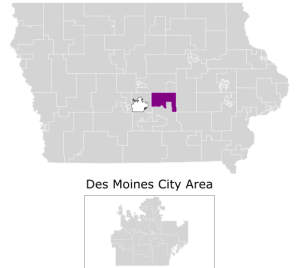 Brad Magg is a Democrat running for Iowa House to represent HD 38 covering mostly Jasper county.
Brad Magg is a Democrat running for Iowa House to represent HD 38 covering mostly Jasper county. 

